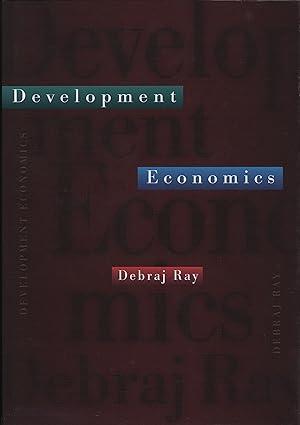Consider a society where people throw garbage on the streets. A person who does so inflicts negative
Question:
Consider a society where people throw garbage on the streets. A person who does so inflicts negative externalities on others: suppose that the (psychic) dollar cost to any one person is an, where a > 0 is a positive constant and n is the number of (other) people who throw garbage on the streets.
Assume that your own act of throwing garbage on the street gives you a (psychic) dollar “convenience gain” of G (because you don’t have to wait for the next trash can) and a (psychic) dollar “shame loss” of c/n, where c > 0 and n, again, is the number of other garbage throwers (the idea is that the shame is smaller the more the number of other garbage throwers).
(a) Show that nobody throwing garbage on the streets is always an equilibrium in this example.
(b) Show that there is a threshold population size such that if population exceeds this threshold, everybody throwing garbage on the streets is also an equilibrium. Why is the threshold dependent on the parameters G and c, but independent of a? Explain intuitively.
(c) Starting from a situation where everybody is throwing garbage on the streets, assess the chances of moving to the good equilibrium of part (a) overnight. Why do you consider such a move unlikely? Discuss this with reference to the arguments in the text.
(d) Consider a policy that imposes a fine F > 0 on every garbage thrower. Show that the threshold population required to support the bad equilibrium must rise with the fine.
(e) Suppose that the fine is such that the actual population falls below the threshold. In this case, discuss why the fine policy may be removed after a few years with a permanent change implemented in social norms.
Step by Step Answer:






